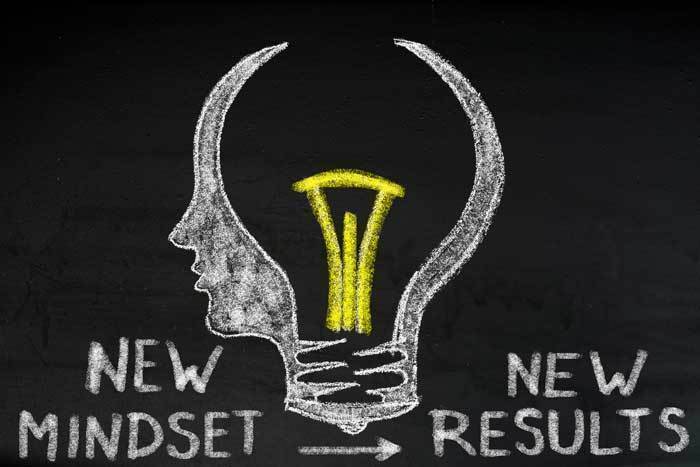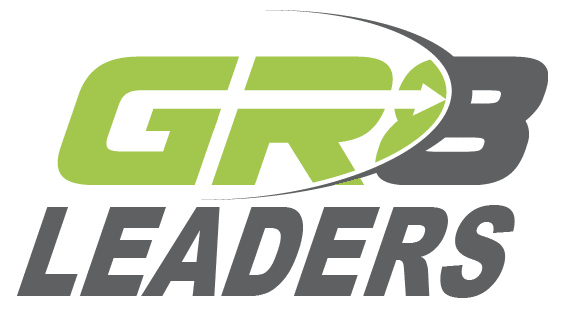Do you complain and lose the energy to get out of bed to work out or go to work or school? Consider using primary and secondary choices. It would be best to have this great principle because you can make anything good into an obligation. When that happens, it is much harder to do that good thing.
For example, think about an athlete in training or a parent cleaning up after the kids. On a sad note, how about a family giving up an exciting vacation to care for a dying grandmother?
Or, as stated above, it might be a regular event like going to work or school.
In those situations, you can live in obligation and make life miserable for yourself and those around you, or find a way to live in freedom and have the energy to do that obligation.

Don't Like Doing It?
This is an easy question to answer. What are some good things to do but you aren’t doing them? Everyone has those types of things in their life. A fast walk of at least 45 minutes daily is excellent for me, but I seldom "want to" do it. It is more often a "have to" do it.
So, you, like me, may manipulate yourself to do what you don’t like doing. The manipulation follows one or both of the following forms:
- Use Fear: Beat yourself up with the potential consequences if you don't do it. So, here are your steps: beat yourself up—do it, get tired of beating yourself up, and reduce the fear of the consequences, which leads to not doing it or stopping (repeat cycle).
- Use Rewards: Promise yourself a reward if you do the task. So, here are the steps: get inspired—do it, lose inspiration and desire to do it, which leads to not doing it or stopping (repeat cycle).
Yes, both of those work, but they are short-term solutions.
A Productivity Question
That leaves you with an important question - How can you be productive or get something done without fear or rewards?
Generally, you will probably do it if there is an important enough reason to do something. But what about when it isn't that important, at least right now?
Self-governing people tend to get things done anyway. Anyone can be productive without the use of fear or inspiration. How do they do it?
Primary and Secondary Choices to the Rescue
Since obligations are real, there are things that you “have to” do. So, how can you live in freedom? The answer comes from understanding your hierarchy of values or wants.
Some events or wants in your life are more important than others. Those things are generally important because of the values you have. So, you will either choose those values or ignore them.
That is where Primary and Secondary Choices become a big help. In fact, they become a simple organizing structure for your life.
- Primary Choice - Main outcome, vision, end result - What you want!
- Secondary Choices - Choices that help you get to the primary choice. These are not necessarily wanted in and of themselves.
A primary choice is a value you want, the outcome you want, or the vision you want to achieve – your THERE. A secondary choice is what you do to reach the primary choice. Please note that Secondary Choices are not necessarily wanted in and of themselves.
Primary and Secondary Choices use the THP (THERE, HERE, PATH) structure.

Examples
If you are an athlete in training, do you train to just train, or is there a Primary Choice (THERE) to be achieved? Olympic athletes train to get the Gold Medal. The training is a Secondary Choice to help them get to the Primary Choice. Training is the PATH to THERE from HERE, and it is often the "have to" to help them get to the "want to."
The athlete has more energy when focusing on the Primary Choice versus on training. That is the power of Primary and Secondary Choices. When you engage with Secondary Choices, you may lose sight of why you are doing it. That's the time to remind yourself of the Primary Choice. “I may not enjoy this training, but I want to enjoy the Gold Medal!”
You do similar things in life. You probably don't label it Primary and Secondary Choices, but you understand how this works. But, this principle only works when you have a clear THERE (desired end result). A clear outcome gives you a reason to do those mundane, dull, or difficult tasks you need to do. In fact, that clear outcome makes you productive, even on those days when you don't have consequences or aren't inspired.
Use Great Values
The best way to use this principle is to focus on transcendent values. Want to be a self-governing individual? It will take work. But, if you want self-governance in your life, you will do the secondary tasks to make it real without using fear of consequences or rewards.
Most things you do daily are second-, third-, or fourth-level actions. When you complain about doing them, stop and think about what goal or value those things support. Refocusing on that goal or value gives you the energy to do this "mundane" fifth-level task.
I would love to hear what you think of the principle and whether it works for you.
